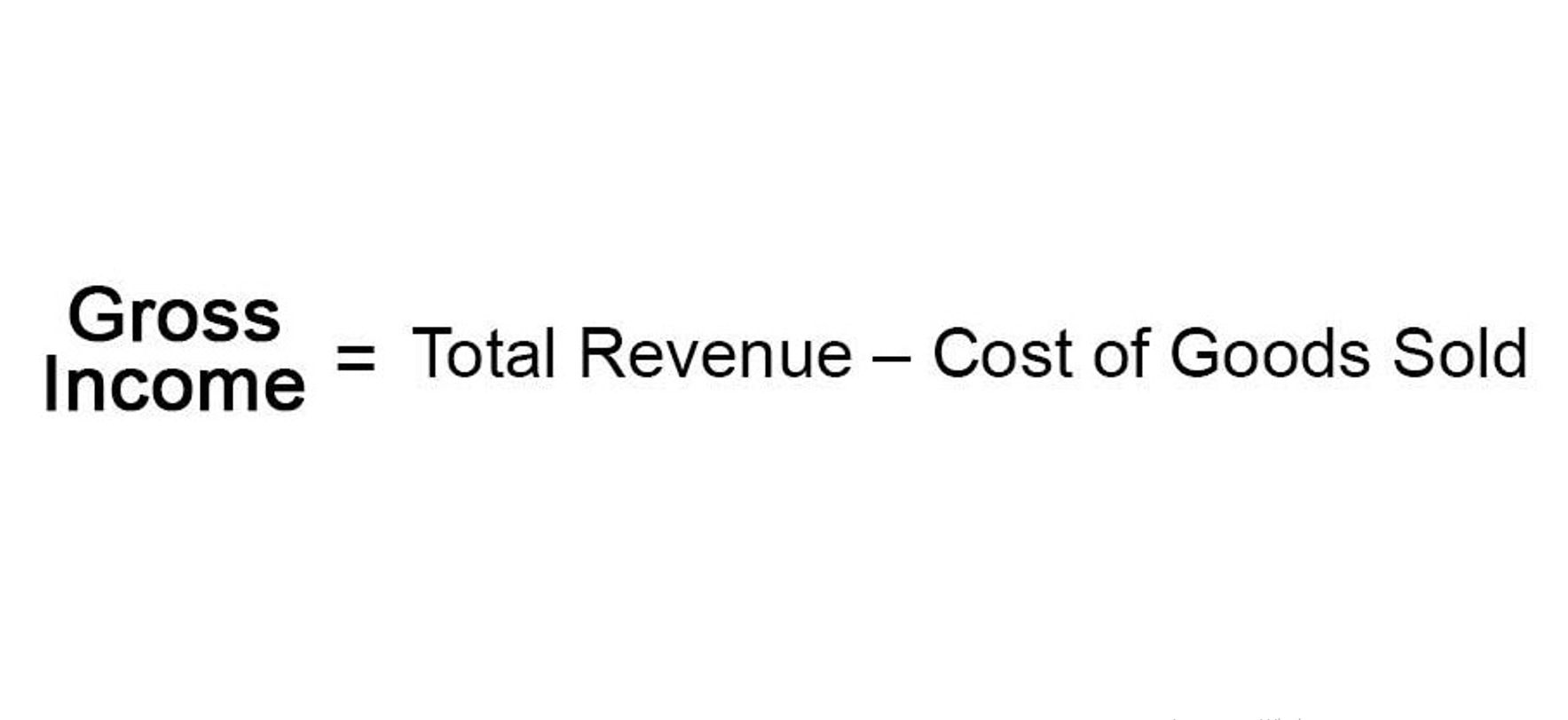
Shoeboxed enhances construction bookkeeping by automating and streamlining the receipt management process, organizing expenses, and integrating with accounting software. Construction bookkeeping stands apart due to the industry’s complexity and project-based nature. Unlike standard businesses where transactions are often repetitive and straightforward, construction bookkeeping involves tracking multiple projects, each with its own set of budgets, costs, and timelines. This means construction bookkeeping must accommodate fluctuating material costs, varying labor rates, and the unique challenges of managing subcontractors. Additionally, construction companies often use specialized billing Retail Accounting methods like progress billing, retainage, and change orders, which require more detailed tracking than traditional invoicing. In the construction industry, keeping accurate financial records is more than just a necessity, it’s the backbone of your business.

Collecting Noncompliant Data
- When you want to improve your resource management, turn your attention to waste and delays and strategize to reduce them.
- Bookkeeping in any industry is a process of sorting through documents and information and recording revenue and expenses.
- This precision allowed for better planning, minimizing delays and ensuring projects stay on track.
- Another benefit of automating your construction accounting is paying quarterly taxes to minimize tax burden during tax time.
- The UK, Poland and Germany are set to lead a surge in European FIDs in 2025, reaching 9.5 GW, with several projects in these countries on track for final approval.
Construction bookkeeping is critical to the financial health of contractors and their businesses. By tracking expenses, managing cash flow, and leveraging technology, you can navigate the unique challenges of the industry with confidence. Whether you’re just starting or looking to refine your processes, a well-structured bookkeeping system is the key to sustained profitability and growth. Managing finances in the construction industry presents unique challenges that require tailored bookkeeping strategies.

Manage Change Orders and Adjust Budgets
- Material waste is another construction KPI that can be difficult to quantify, since it can come in many different forms when materials and other resources are overallocated, damaged, or lost.
- The advantage of intuitive software is that you don’t need to spend time learning how to use it and can take advantage of all its features straight away.
- Finally, I noticed Dalux’s file storage and integration capabilities were lacking.
- Market conditions, supply chain disruptions, and seasonal variations can cause unexpected cost increases, making it difficult to stick to budgets.
- At work, Justice is passionate about helping the team make decisions and connections that propel the business forward.
- If your team has worked together on a project before, this is also a good opportunity to ask for feedback.
Finance teams process payments and track budgets, safety teams keep inspection records and incident reports, and field crews track their progress with digital tools and quality control logs. With over 1,400 prebuilt report formats and real-time collaboration tools, Sage 300 CRE ensures accurate cost tracking, seamless communication between teams, and better financial decision-making. Foundation is best suited for contractors managing large payrolls, multi-state operations, and complex job costing and business needs. It’s an excellent choice for commercial builders, industrial contractors, and government-funded projects that require detailed cost tracking and compliance management. Regularly reviewing these reports helps identify overspending, cash flow gaps, or missing payments before they become major issues.

Regularly Reconciling Accounts
They ensure accurate records, compliance with tax laws, and help track project profitability. Construction bookkeeping is critical for tracking finances, maintaining project profitability, and making informed decisions. By implementing effective bookkeeping practices, construction companies can gain better control over their budgets and ensure projects contribution margin contribute positively to their bottom line.
- With proper bookkeeping (i.e., tracking and recording all payments and costs), firms will have a deeper and more informed understanding of their financial situation, allowing them to act accordingly.
- Job costing is a method for allocating expenses and revenue to each specific job.
- Bookkeepers must track income and expenses for individual projects to ensure accurate reporting and profitability assessments.
- Begin your journey towards enhanced financial clarity by connecting with us here.
- Teams could flag issues directly within the system, attach relevant documentation, and assign them for resolution.
- By understanding the unique aspects of construction finance and leveraging the right tools and strategies, you can ensure your projects are profitable and your business is on a solid financial foundation.
Finding a Construction Bookkeeping Solution

However, construction remains one of the slowest industries to adopt ERP, despite the sector’s heavy reliance on cost tracking, scheduling, resource management, and compliance. On average, it takes three to five years for a construction company to become profitable. High startup costs, fluctuating material prices, and delayed payments create significant financial challenges in the early years.
Powering Construction Project Management with easy-to-use tools
Inch Cape, which formally announced its financial close status in January 2025, secured 15-year contracts for construction bookkeeping difference (CFD) in both 2022 and 2024, providing revenue certainty and boosting investor confidence. Other wind farms reaching FID in 2024 include Iberdrola’s 315-MW Windanker in Germany, RWE and TotalEnergies’ 795-MW OranjeWind in the Netherlands, and Orsted’s 924-MW Sunrise Wind 1 in the US. Material waste is another construction KPI that can be difficult to quantify, since it can come in many different forms when materials and other resources are overallocated, damaged, or lost. At the same time, waste is among the most essential metrics to track, since it directly impacts both financial and sustainability goals.
Best Practices for Construction Data Management
- Whether handling RFIs, contracts, or site drawings, everything was neatly stored, organized, and easily accessible.
- These technical issues were minor but could be disruptive when real-time access to project data is essential.
- Every accoutn has a dedicated team of bookkeeping experts to work on your books.
- Fieldwire by Hilti is a robust construction management tool designed to streamline pay cycle evaluation and project tracking for construction teams.
- The percentage of completion method (PCM) records revenue as it’s earned, even if not yet received, aligning revenue and expenses within the same accounting period for improved financial reporting.
I have examined industry reports, financial benchmarks, cost allocation studies, profitability analyses, and best practice guidelines to determine how these methods compare in terms of accuracy, compliance, and ease of use. QuickBooks Online is a widely used accounting software that simplifies financial management for small and mid-sized construction businesses. Unlike specialized construction accounting tools, QuickBooks Online is a general accounting platform but integrates with industry-specific apps like Buildertrend, Corecon, and Housecall Pro.
